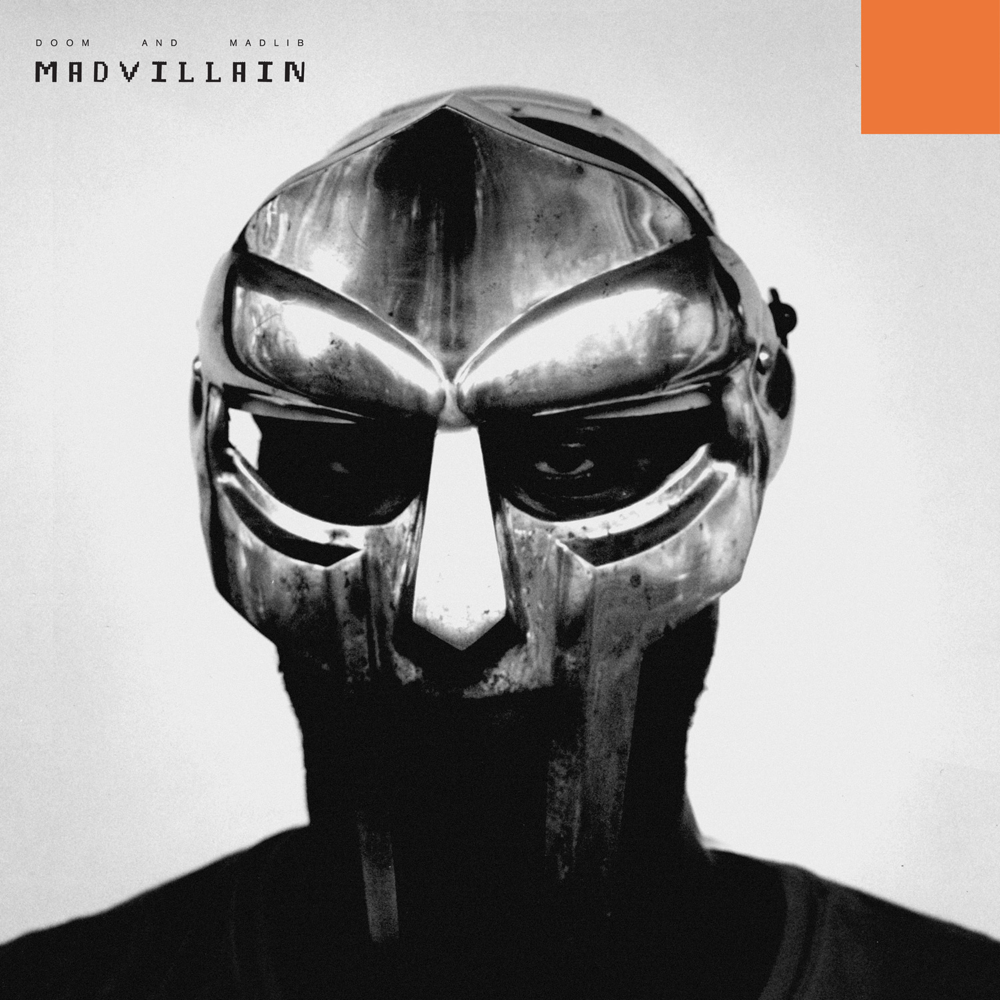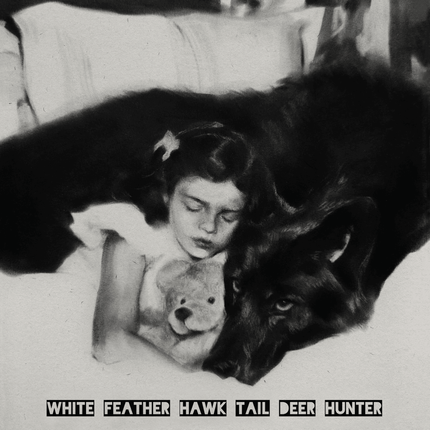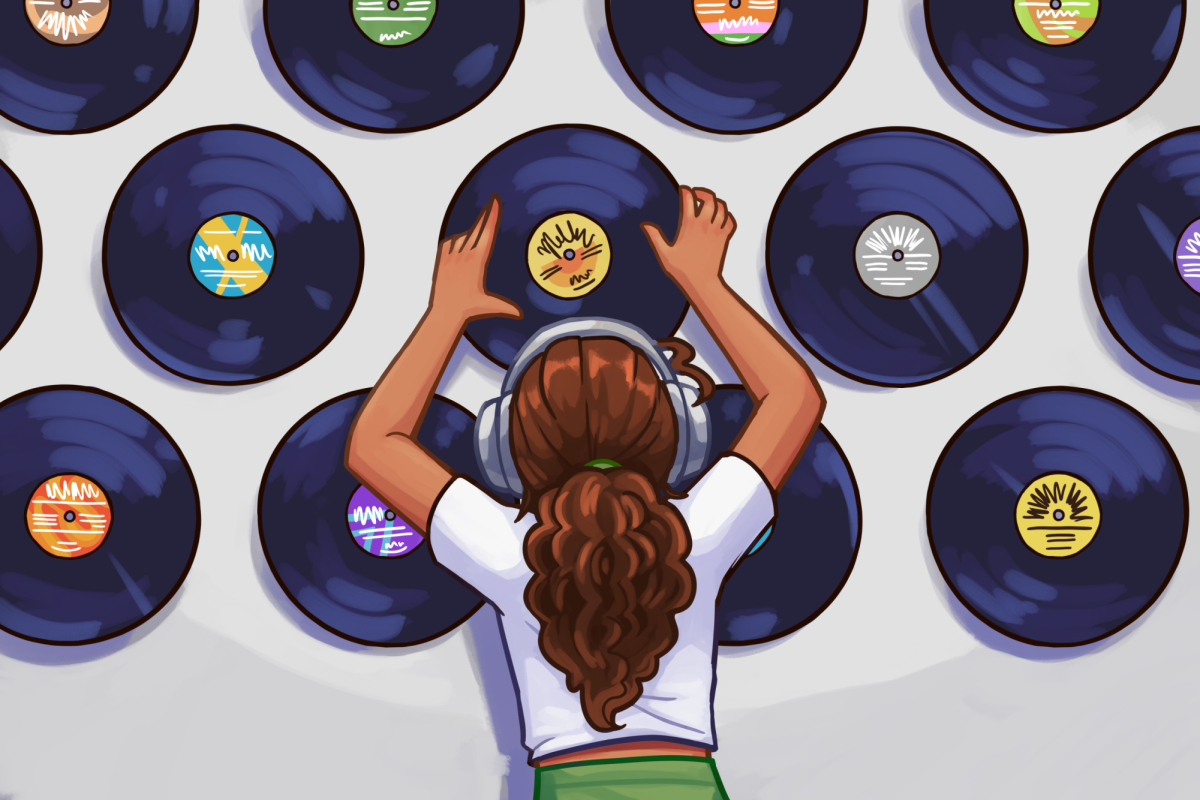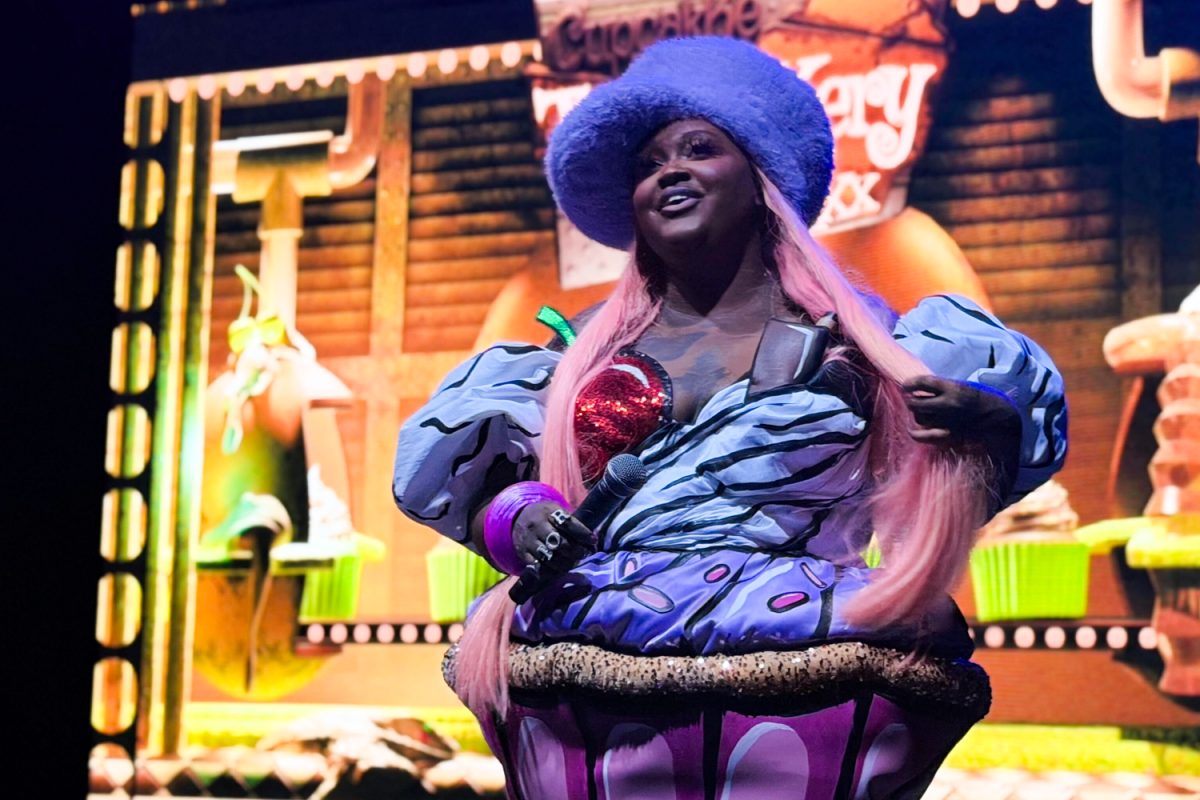“MadVillainy,” MF DOOM and Madlib’s clever golden child of underground hip-hop, turns 20 years old today. At 22 songs long and packed with obscure cartoon and pop culture references, it’s persistent, creative and outlandish — and transcends the normalcy of a traditional hip-hop album.
In November 2002, West Coast producer Madlib and New York rapper MF DOOM — the duo titled Madvillian — traveled south to Brazil to craft one of the most celebrated and analyzed projects in hip-hop history: “MadVillainy.”
According to Pitchfork, Madlib compiled two mix CDs of beats and unfinished tracks for the trip, but both discs leaked a few months later, igniting a considerable buzz and heightening expectations of the album to impossible heights.
The distinction between the leaked version of the album and the official release is mainly found in DOOM’s flow and vocal tone. Initially, DOOM’s delivery gave off more animated energy, but in the final version, he transitioned to a slower, rougher tone that fit better with Madlib’s ominous production sound.
The album is more than experimental beats and catchy samples. It’s easy to get caught up in the polished features and deliberate unevenness of Madlib’s production and miss the complex lyricism that DOOM executes.
Get The Daily Illini in your inbox!
DOOM doesn’t conform to a typical sound; he freely initiates each verse, readily maintaining or breaking rhymes as he pleases with a smooth flow and attentive lyrics that turn him into a visionary. He strings together complex narratives, not resorting to empty lyrical arrangements. DOOM persistently weaves rhymes within the context of a story or compelling theme. Each listen reveals more layers, the meaning of his songs often hidden deep within the lyrics.
“Known as the grimey limey, slimy try me blimey,” DOOM raps in “Rhinestone Cowboy,” his words effortlessly droning on. “Simply smashing in a fashion that’s timely/ Madvillain dashing in a beat rhyme crime spree/ we rock the house like rock ‘n’ roll/ got more soul than a sock with a hole.”
The meanings of his tracks aren’t easily understandable, as it might take a few listens to uncover the relevancy of each song or determine if there is any relevancy at all. But even without a distinct plot or a defined narrative, DOOM’s words hold significance, and the wisdom he possesses is clear as he effortlessly outshines so many other rappers of his time.
The tracks on the album are short, consisting of odd, sample-heavy beats and illogical rhyme schemes without hooks or choruses. Still, without those hooks the album isn’t underdeveloped — it’s deliberate. Unnecessary additions would only weigh it down and reduce it back to the norm.
“Fancy Clown” is one of the standout tracks on the album, with DOOM’s flow molding exceptionally with the smooth beat. The song effortlessly exudes a chill vibe with Madlib’s cleverly chosen sample and bold production while hiding the powerful undercurrent of DOOM’s lyricism.
“Madvillainy” is incredibly dense, both sonically and lyrically. It’s eclectic and unrefined, the manic energy of the songs seamlessly flowing into each other to create a sense of consistency that you wouldn’t think possible for such a jagged album.
Almost all of Madlib’s beats are crafted from sampled records, particularly jazz records, which lend way to his distinct sound — a sound that, according to The New Yorker, many hip-hop producers moved away from due to the expenses of licensing.
With the immersive sampling and the raw, gritty, beats of Madlib’s production, intertwined with DOOM’s unconventional, outlandish flows, DOOM and Madlib create a type of visionary collaboration that can’t be replicated.
DOOM and Madlib’s collaboration pioneered a style of conceptual, eccentric hip-hop, laying the foundation for many of today’s prominent “underground” rappers like Tyler, the Creator, Earl Sweatshirt and Joey Bada$$.
It’s unapologetically odd, undeniably brilliant and distinct in its cartoonishness. DOOM and Madlib blatantly disregard the rules of hip-hop in a truly villainous fashion, creating one of the greatest albums in hip-hop history.










